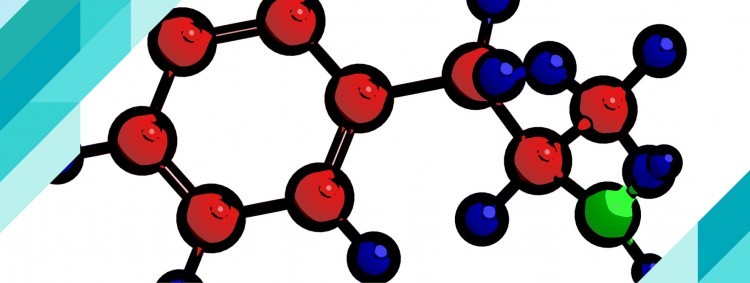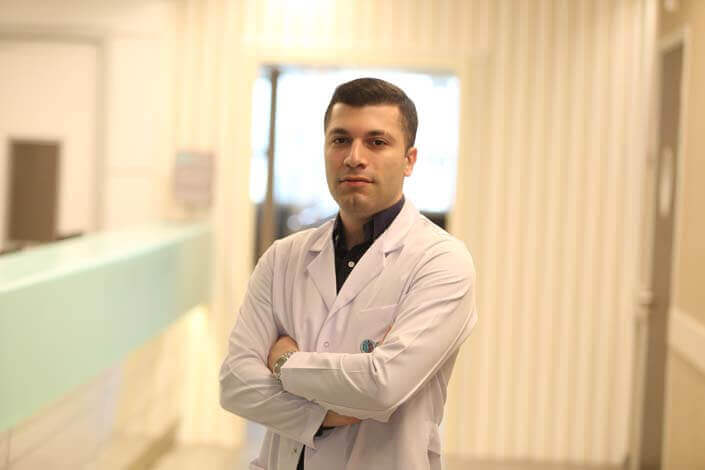Amphetamine Addiction
What is Amphetamine, What is Amphetamine Addiction?
Amphetamine is the name given to a synthetic drug type that stimulates the central nervous system (CNS). Amphetamine is an effective psychotropic substance. Individuals develop dependence on this substance quite easily and quickly. The symptoms of amphetamine addiction vary from person to person. A person cannot self-administer amphetamine treatment. It is impossible to overcome addiction to this drug without seeking help from a specialist

Amphetamine is one of the most effective drugs used in the treatment of a condition known today as attention deficit hyperactivity disorder (ADHD). Due to its stimulating and euphoric effects, this active substance can be abused by adult individuals. Medications derived from amphetamine have been closely monitored in recent years due to their potential for addiction and are prescribed under strict regulations, requiring a red prescription in Turkey. Amphetamines (amphetamine, methamphetamine), ecstasy (3,4-methylenedioxy-methamphetamine), and related substances, as well as other synthetic stimulants (mephedrone, phenethylamine), constitute amphetamine-type stimulants (ATS).
What is Amphetamine Addiction? What are the symptoms?
Amphetamine addiction creates both physical and mental dependence in individuals. However, not all of these signs necessarily indicate addiction. Users initially exhibit hyperactivity and mood disorder behaviors, along with focus issues. Amphetamine has a performance-enhancing effect, causing fluctuations in power and a sense of joy. It creates a false emotional state where everything in life seems beautiful and as if the weight of everything is on your shoulders.
This powerful substance stimulates the senses, increases muscle tone, and generates a high level of energy. The desire to experience an increase in power leads individuals to become psychologically dependent on amphetamines. When amphetamine becomes a stable part of metabolism, it develops physical dependence.
Amphetamine use makes individuals more productive, eliminating fatigue and significantly improving mood. The body reacts to the drug, and the person feels much more energetic and happy, noticeable changes in mood occur under the influence of the drug.
In chronic use, psychological disturbances can become more pronounced. Not everyone reacts the same way to amphetamine use, but there are signs of addiction:
Craving for the substance when not using or when its usage is reduced.
- Concerns about amphetamine use.
- Inability to quit despite the desire to do so.
- Increasing the frequency and amount of the substance for a stronger effect.
- Taking amphetamine to cope with withdrawal symptoms.
- Using amphetamine to counteract depression.
- Struggling to perform daily tasks and giving up enjoyable activities in favor of substance use.
- Using fake prescriptions to obtain more of the substance.
- Substance use continues to negatively impact individuals' lives. Despite denial and attempts to avoid acknowledging the problem, the abnormal behaviors of addicts are quickly noticed. Many individuals may
- want to break free from addiction after realizing the serious consequences of substance use.
What are the Harms of Amphetamine Addiction?
- Amphetamine addiction negatively affects an individual's physical, psychological, and social well-being. The harms of amphetamine addiction can be listed as follows:
- Loss of appetite occurs in the individual.
- Sexual reluctance develops.
- An increase in body temperature is observed.
- Permanent brain damage occurs.
- Memory loss, loss of motivation, and hallucinations may occur.
- Oral and external wounds develop.
- Bad breath and skin inflammations are observed.
- Attention deficit and hyperactivity disorder are present in the individual.
How to Treat Amphetamine Addiction?
It may be possible to overcome amphetamine addiction through a three-step treatment program. Throughout the entire treatment, the crucial first step is to make the addicted individual aware of the severity of their problem. Treatment methods for amphetamine use disorder can be outlined as follows:
Hospitalization: An individual addicted to amphetamines may experience strong drug cravings, and overcoming amphetamine addiction in a hospital setting can be more manageable. Hospitalization helps control negative mood and behavioral issues such as self-harm and aggression.
Therapy: Individual counseling, family therapy, and group therapy can assist the individual in overcoming addiction. The positive effects of therapy include:
- Understanding emotions associated with amphetamine use.
- Developing coping mechanisms through different methods.
- Repairing relationships with the individual's family.
- Creating programs to prevent amphetamine use.
- Encouraging the individual to discover activities of interest instead of amphetamine use.
Medication Treatment: A specialized physician may initiate medication treatment to alleviate severe withdrawal symptoms from quitting amphetamines. The expert may also recommend the use of different medications to reduce symptoms of anxiety, depression, and aggression.














